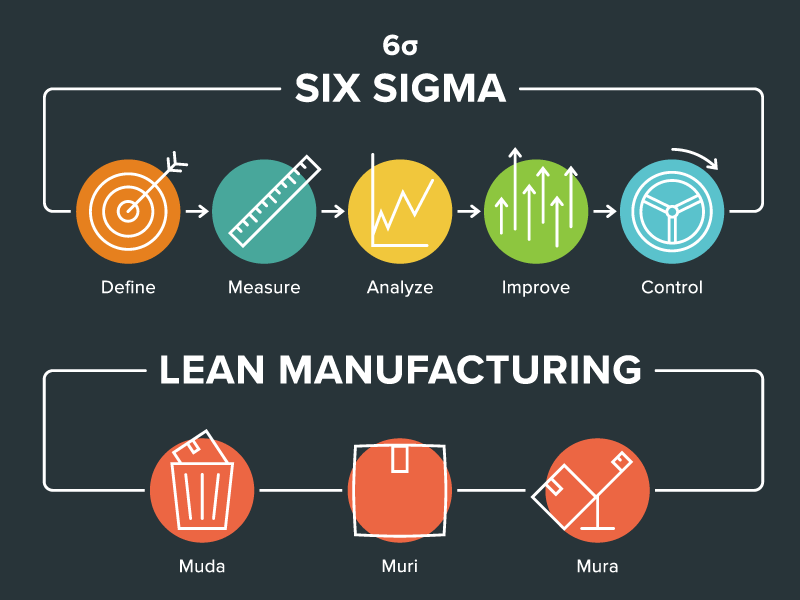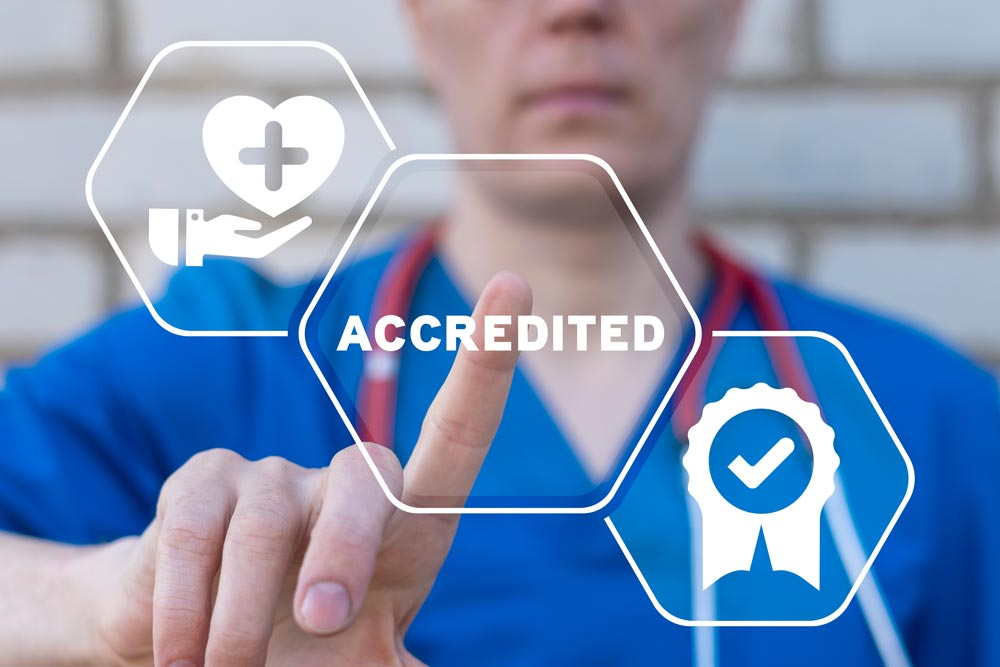YOUR QUALITY IS OUR GOAL!
info@isobahrain.com
isobahrain@gmail.com
isobahrain@gmail.com
GULF HOTEL Business Center,
Office: 9153 -15, Road 3801 338,
Al Qudaybiyah, Kingdom of Bahrain
Office: 9153 -15, Road 3801 338,
Al Qudaybiyah, Kingdom of Bahrain
info@isobahrain.com
isobahrain@gmail.com
isobahrain@gmail.com
GULF HOTEL Business Center,
Office: 9153 -15, Road 3801 338,
Al Qudaybiyah, Kingdom of Bahrain
Office: 9153 -15, Road 3801 338,
Al Qudaybiyah, Kingdom of Bahrain
Our Services
Software Services

Developing ERP Applications
Enterprise Resource Planning (ERP) solutions are software systems that can help businesses streamline operations, improve efficiency, and support decision-making. ERP systems can include capabilities for: procurement, supply chain management, inventory, manufacturing, maintenance, order management, project management, logistics, product lifecycle management, and risk management.

Information Security Management Systems
An Information Security Management System (ISMS) is a set of policies, procedures, and controls that help organizations manage the security of their information. ISMSs are designed to ensure the confidentiality, integrity, and availability of information, and to help organizations comply with security standards

Healthcare
A healthcare management system (HMS) is a software application that helps healthcare providers manage administrative, financial, and clinical tasks. HMS can help streamline workflows, improve patient care, and reduce errors.

Application Integration
Application integration is the process of connecting different applications, systems and subsystems to create seamless processes and workflows and a single, unified system for data transfer and synchronization.
Your Path to ISO Certification Starts Here!
Discover how our ISO consulting can elevate your business.










